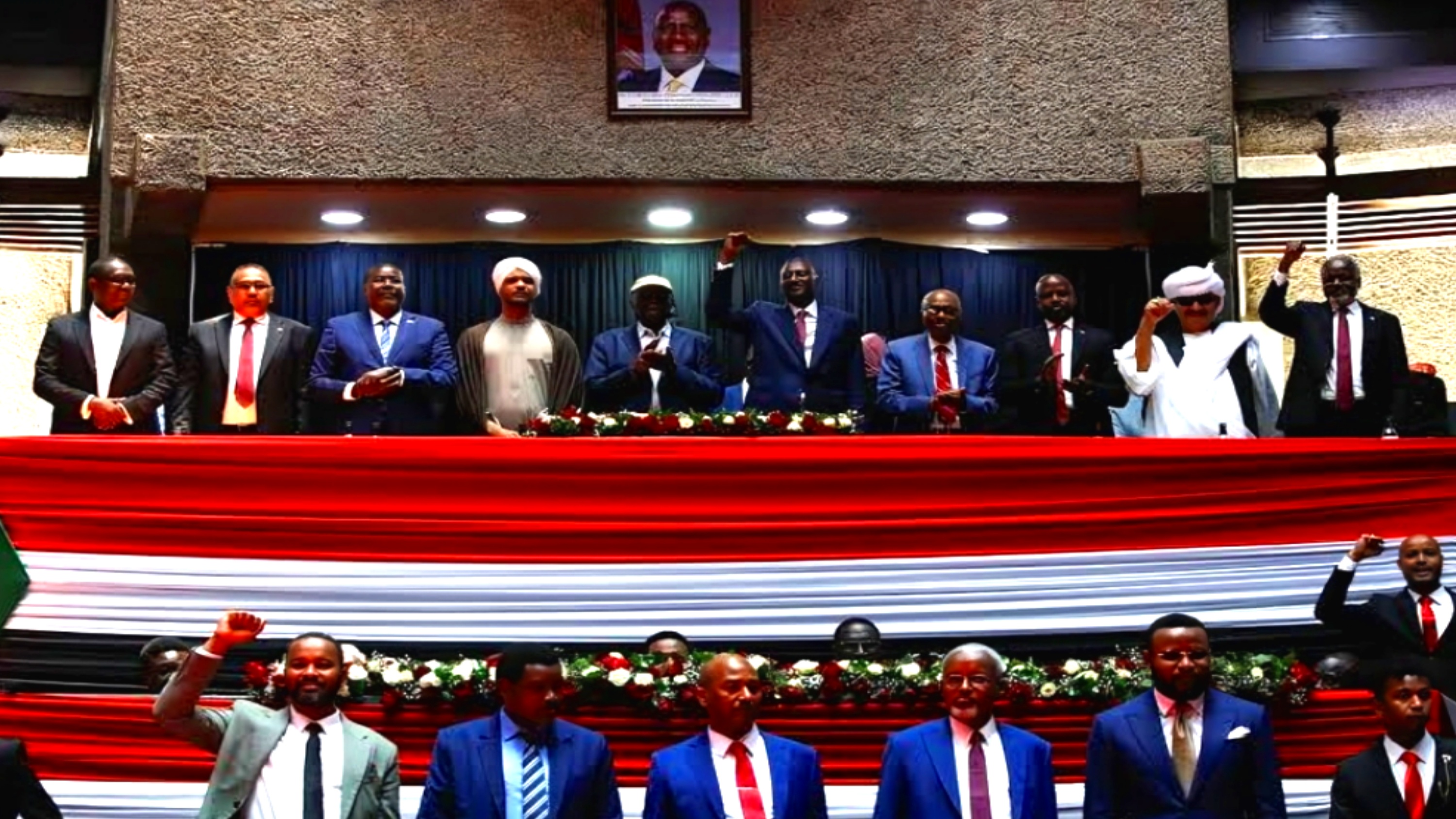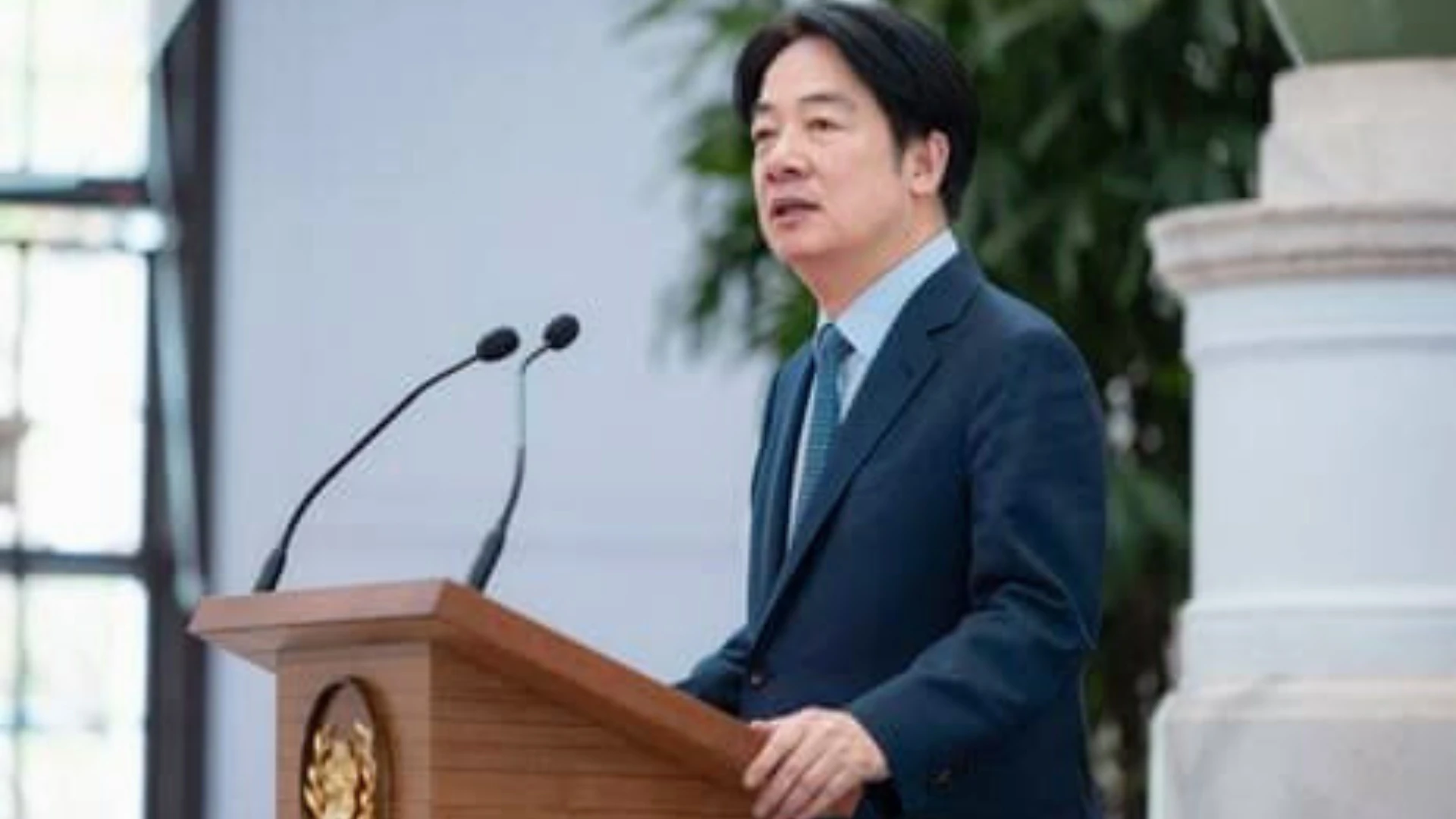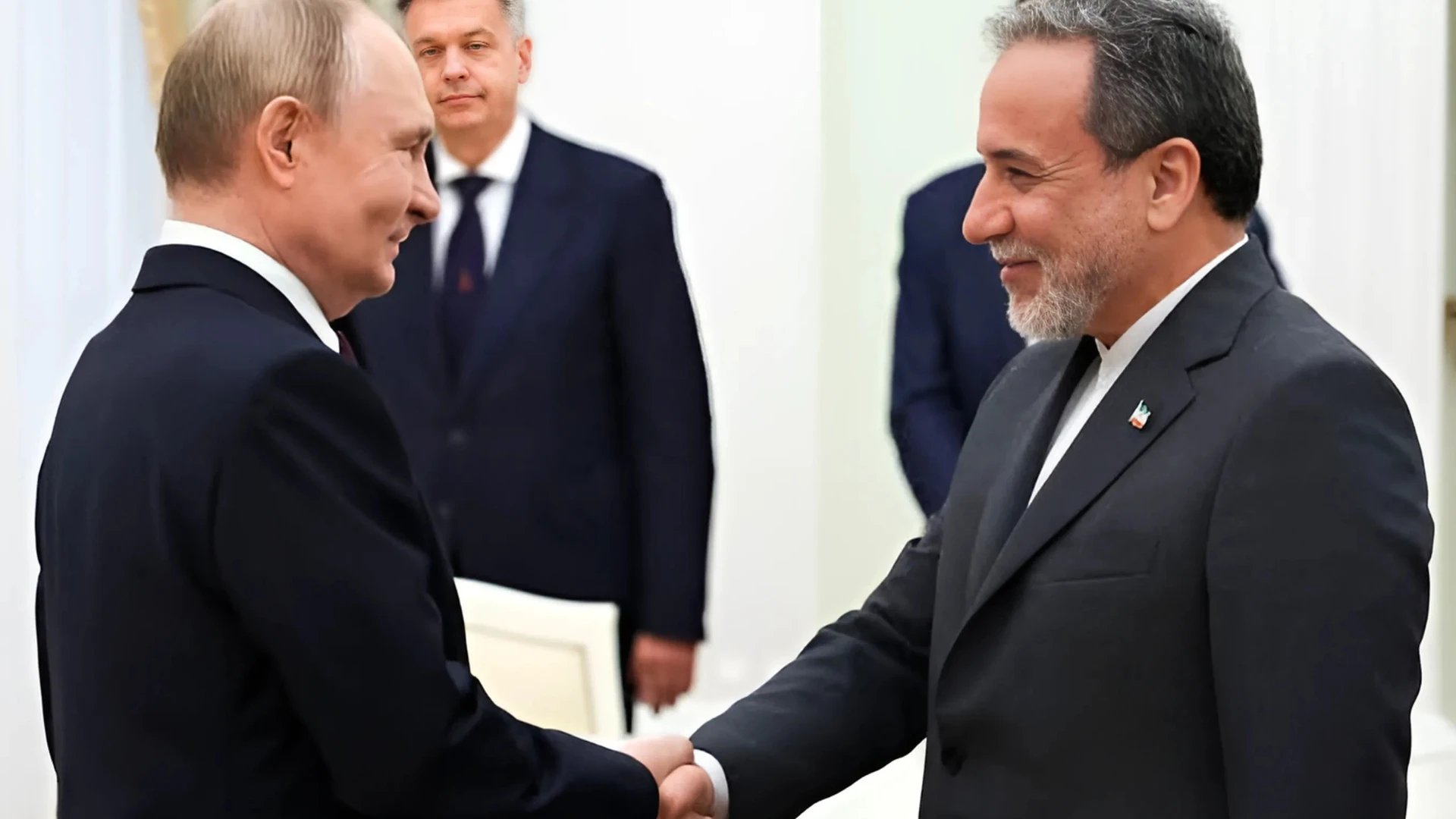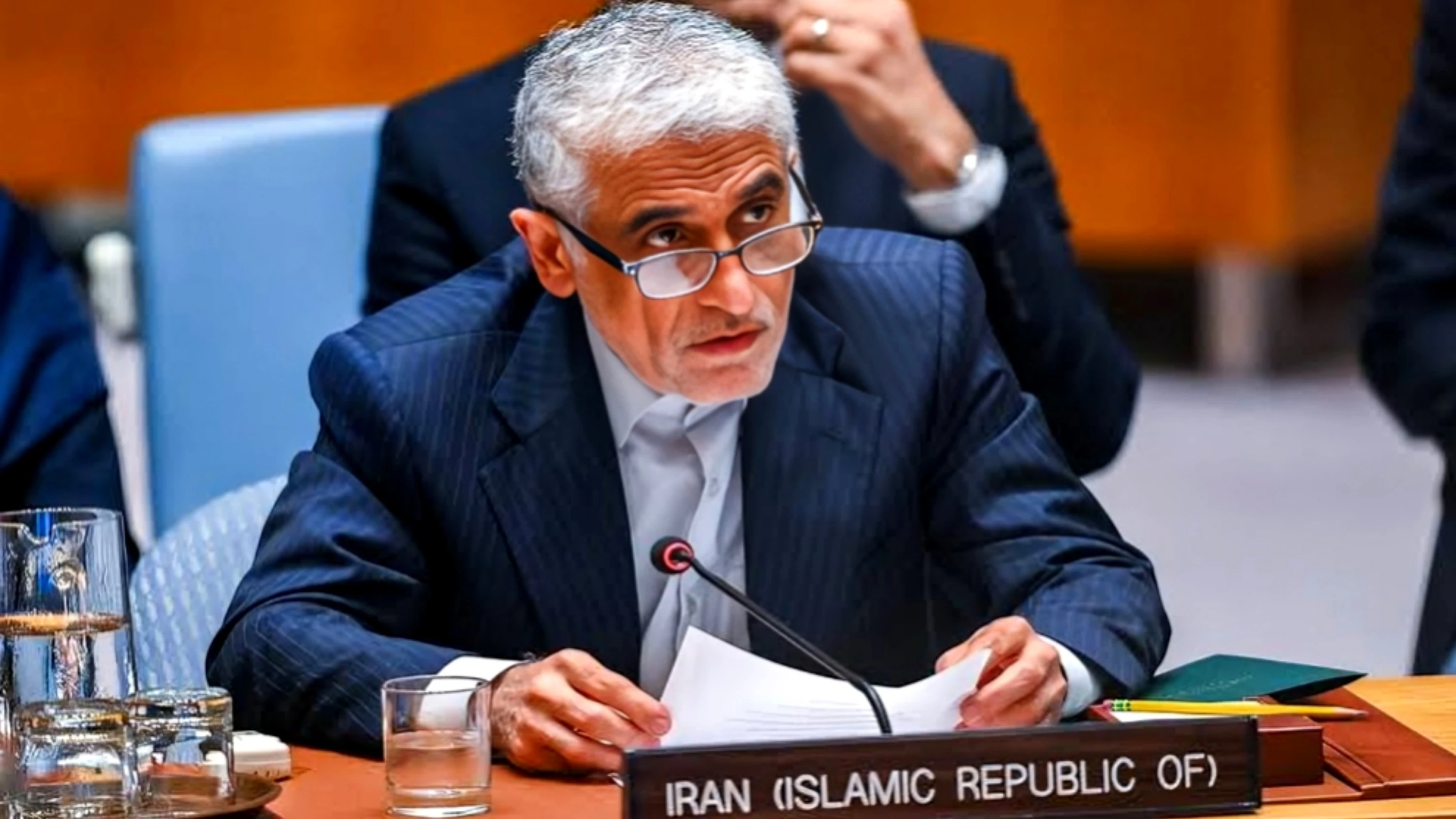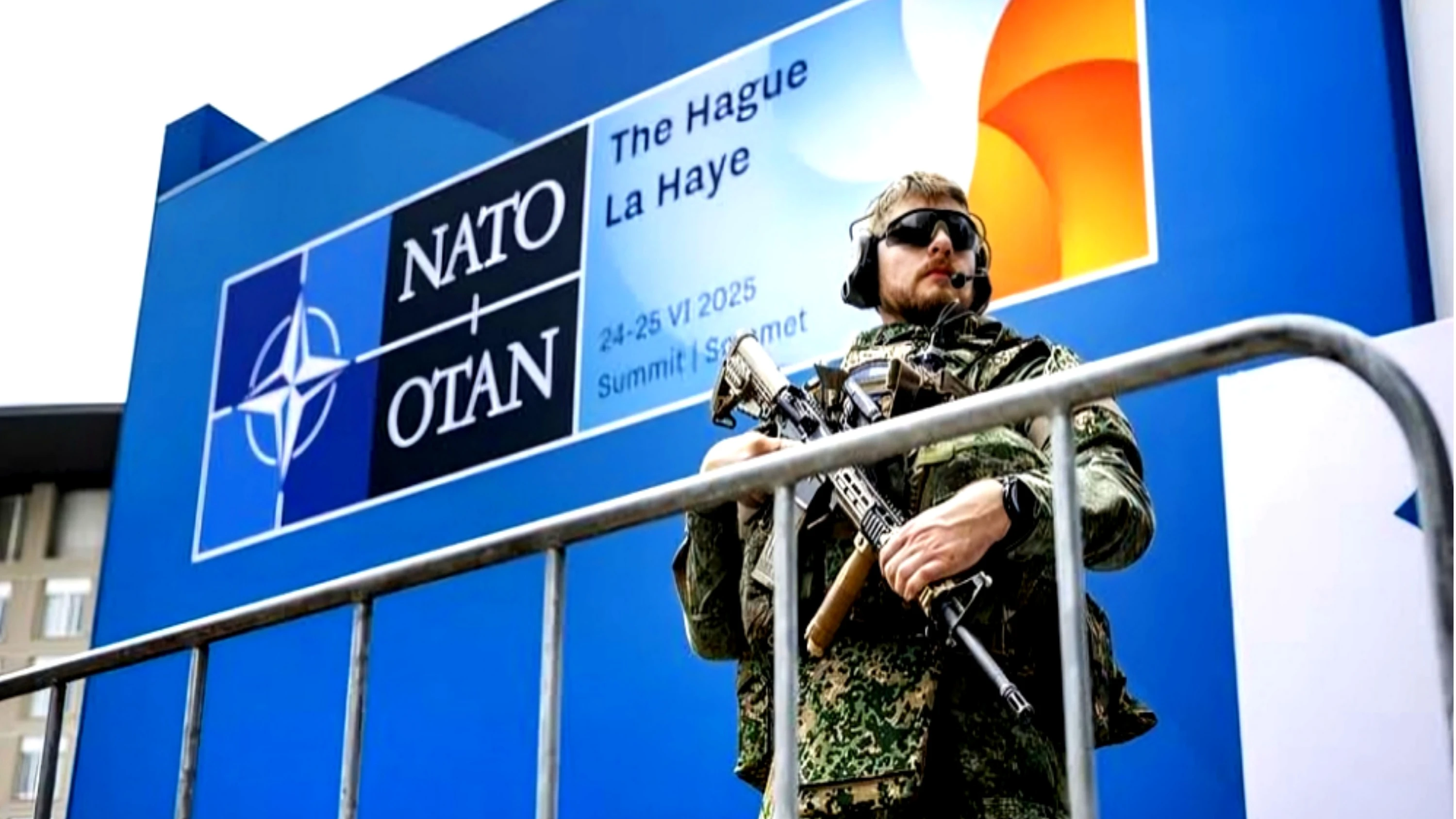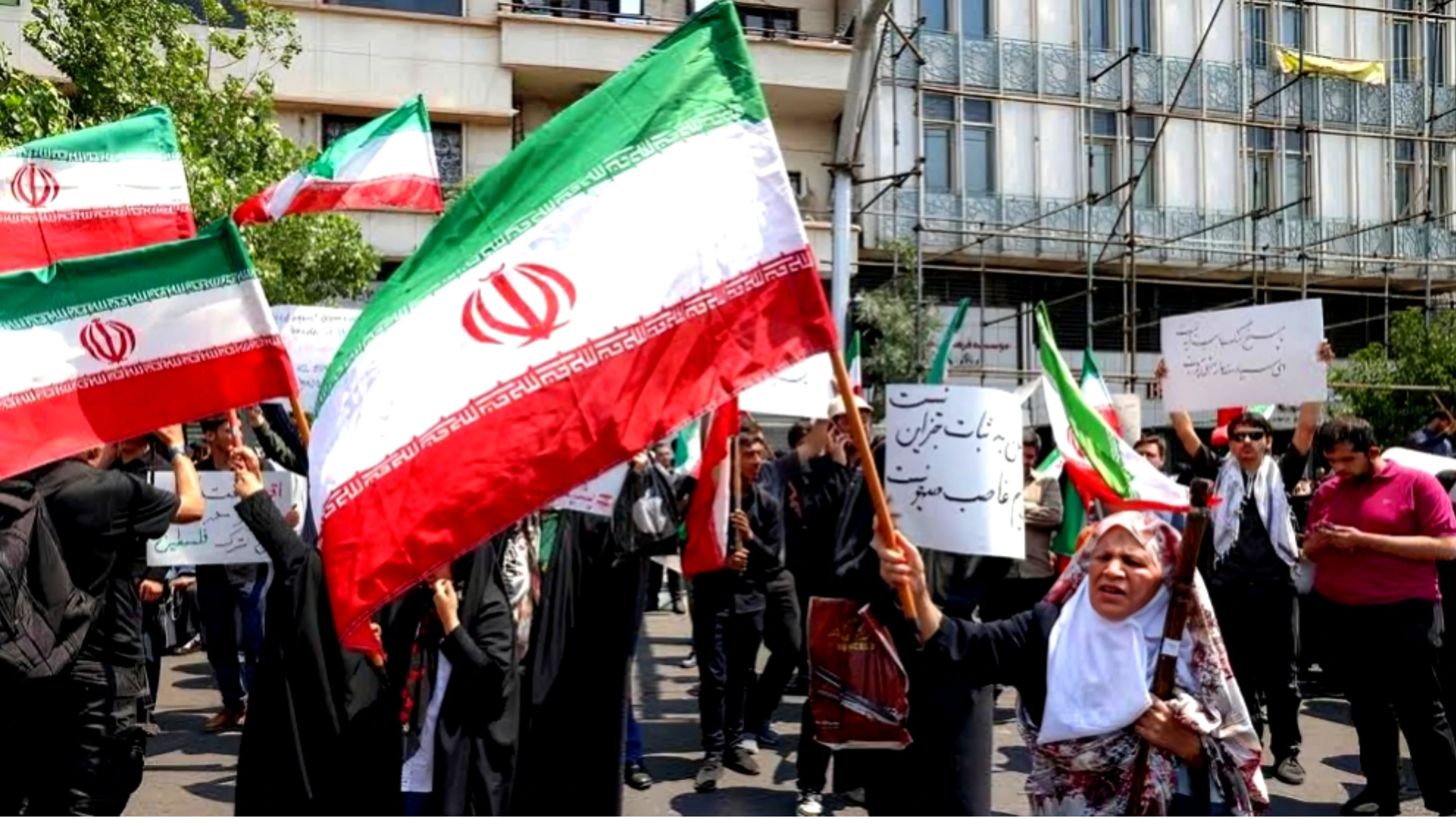Khartoum: Sudan’s Rapid Support Forces (RSF) and its allied factions have signed a transitional constitution, marking a major step toward forming a rival government as the war with the army intensifies.
The ongoing conflict, which has lasted nearly two years, has pushed the country toward a potential division while causing widespread displacement, hunger, and reports of ethnic violence and sexual assault.
As clashes continue, the RSF carried out a drone strike on Sudan’s largest power facility at the Merowe Dam, cutting off electricity to large parts of the north, according to an army statement. Meanwhile, government forces claimed they had made advances in Sharg el-Nil as they aimed to encircle the RSF in the capital, Khartoum.
The new constitution introduced by the RSF seeks to replace the one established following the ousting of former President Omar al-Bashir in 2019. Both the RSF and the army had initially worked together to remove Bashir but later staged a coup in 2021, halting Sudan’s transition to civilian rule. Their rivalry escalated into full-scale war in April 2023 when efforts were made to negotiate a new political transition.
In late February, the RSF and its allies expressed their intent to create a "New Sudan" government, aiming to legitimize their administration and facilitate international arms procurement. The newly signed constitution outlines a federal and secular state, dividing Sudan into eight regions and providing a bill of rights. It also grants regions the option for self-determination if certain conditions, such as the separation of religion from the state, are not upheld.
A key aspect of the constitution is the proposal for a unified national army, with the signatories positioning themselves as its foundation. While elections are mentioned as an eventual goal, no clear timeline has been set.
Among the signatories is the Sudan People’s Liberation Movement-North (SPLM-N), which controls significant areas in South Kordofan, along with smaller allied groups. The RSF and its partners plan to announce the formation of the new government in the coming weeks, though details on its leadership and operational base remain uncertain.


